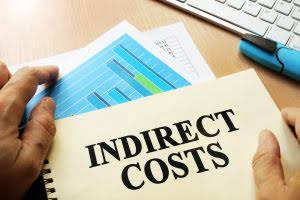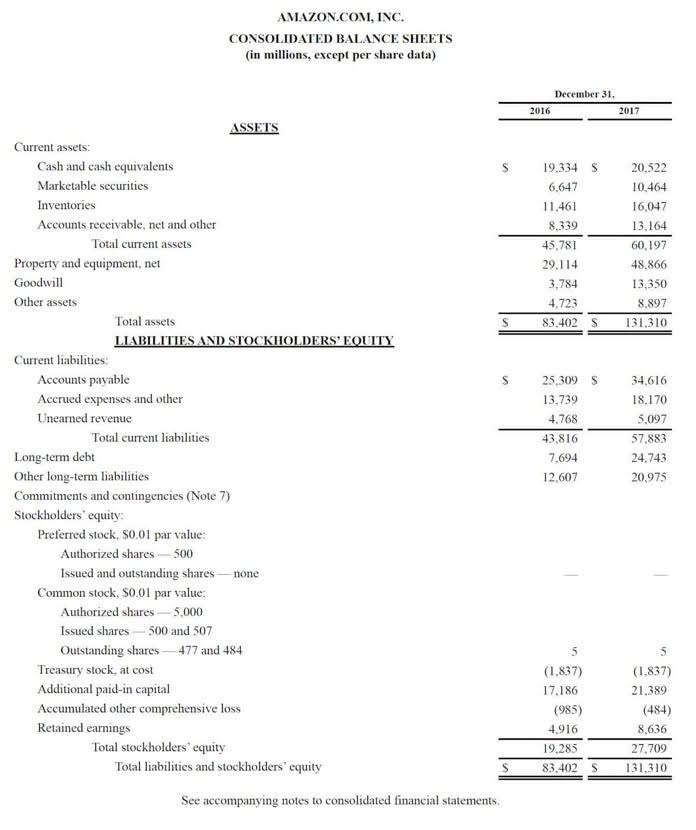
In order to obtain the certification, a bookkeeper must pass three exams and adhere to a https://www.bookstime.com/ code of ethics. A high school education, with emphasis on business math, bookkeeping, and accounting, is needed to get a job as a bookkeeper. Some employers prefer to hire junior college or business school graduates for the position of full-charge bookkeeper. Good performance in business subjects such as business software, typing, accounting, bookkeeping, and business mathematics is an asset.

IV. Researching Bookkeeping Certification Options
Review the exam guidelines, including the number of questions, time limit, and topics covered. This will give you a clear idea of what to expect and how net sales to allocate your study time. A program with a strong reputation and high credibility indicates that it is well-regarded within and among professionals.

II. Meeting the Educational Requirements to Become a Bookkeeper

For example, perhaps you can be flexible about cost but need a certificate that you can complete relatively quickly. Follow the steps below to figure out how to find the best option for your goals. Focus on areas where you feel less confident and revisit challenging topics. As you progress, adapt your study plan accordingly and adjust your focus to areas that need more attention.
- Recertification can ensure that you have mastered the latest bookkeeping skills, techniques, approaches, and technologies.
- Obtaining a certification validates your knowledge and skills, opens up various job opportunities, and enhances your professional credibility.
- Whether you have a business or are thinking about starting a business, let Rosedale & Drapala handle all of your, tax and accounting needs.
- A bookkeeping certification not only adds value to your skill set but also helps you stay on top of the latest trends and technological advances in the industry.
- Depending on the certificate or certification program you complete, you may be required to recertify regularly to keep your credential.
Strong Job Market
- A comprehensive curriculum provides a strong foundation in bookkeeping principles and practices and prepares you to handle various professional tasks and responsibilities.
- Prior to earning either designation, you must prove that you have sufficient bookkeeping experience.
- Practice exams are an excellent way to assess your knowledge and familiarize yourself with the questions you may encounter in the exam.
- Test-takers receive electronically scored results immediately after completing each part at a Prometric testing center.
- By understanding the eligibility requirements, you can assess whether you meet the necessary qualifications to pursue a particular certification program.
- Earning a CB or CPB credential may help advance a bookkeeper’s career or salary, as both are reputable industry certifications.
It also indicates your ability to comprehend and apply essential concepts, follow instructions, and communicate effectively. While a high school diploma alone may not qualify you for certification, it serves as the starting point for further education and training in bookkeeping. Bookkeepers prepare financial reports such as income statements, balance sheets, and cash flow statements.
Fee Includes
- When researching bookkeeping certification options, it is essential to consider recognized certification programs.
- According to Payscale, people in the US with a bookkeeping certification can earn, on average, $55,000 per year 2.
- Still, AIPB suggests that candidates have a strong educational background in topics covered by the exam, like fraud prevention and inventory recording.
- The best way to prepare for a certified bookkeeper exam is by studying early and thoroughly.
- The pace of the work is steady and often repetitive, particularly for bookkeeping clerks.
Additionally, these programs may offer internships or cooperative education opportunities, allowing you to gain real-world experience and network with professionals in the field. They cover financial statements, journal entries, ledger maintenance, payroll processing, and taxation. By enrolling in accredited colleges or vocational programs that offer specialized courses in accounting or bookkeeping, you can acquire the necessary skills and expertise required for the profession. Although candidates can complete certification exams for CB and CPB credentials without professional bookkeeping experience, AIPB and NACPB require them to gain and verify experience before becoming certified. The Bookkeeping Certification Exam is typically administered by recognized certifying organizations or professional associations. Each organization may have its specific exam structure, content, and scoring methodology.


Opting for a recognized certification program increases your chances of gaining credibility, career advancement, and opportunities for professional growth. Obtaining relevant vocational or professional training is a significant step toward becoming a certified bookkeeper. Vocational or professional training programs offer focused and practical coursework what is a certified bookkeeper designed to equip individuals with the necessary skills and knowledge for a career in bookkeeping. These programs often cover basic accounting principles, financial record-keeping, bookkeeping software usage, and industry-specific regulations. In addition to multiple-choice questions, the exam may include practical exercises or simulations.
